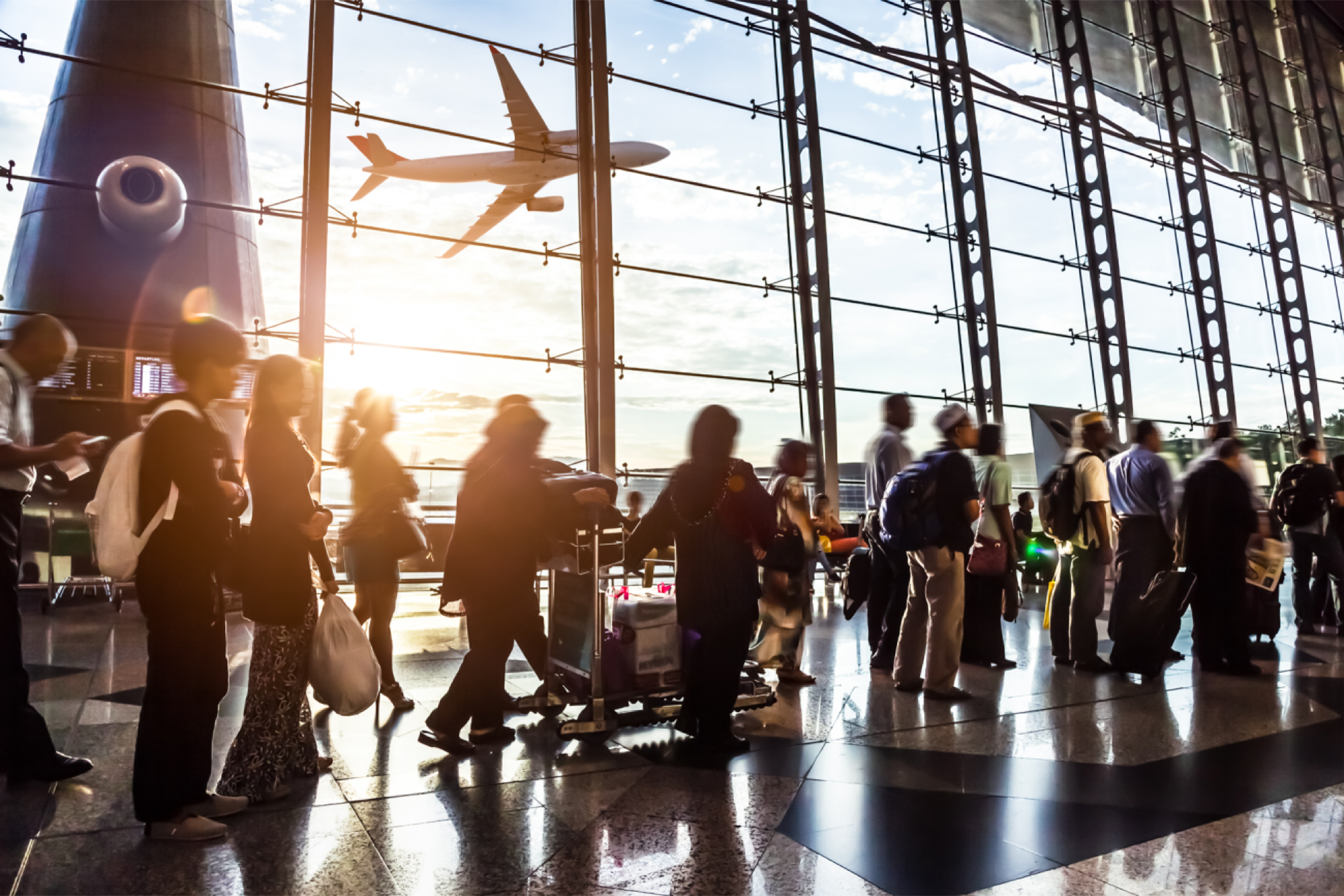Why U.S. Airfares May Go Down in 2017 Short-haul economy fares are expected to drop 3 percent, while long-haul business class fares may see a 1.5 percent decline in the U.S.
By Reuters
This story originally appeared on Reuters

U.S. airfares are expected to fall in 2017 amid overcapacity and stiff competition between budget carriers and legacy airlines, according to an American Express Global Business Travel report on the travel industry.
Short-haul economy fares are expected to drop 3 percent, while long-haul business class fares may see a 1.5 percent decline in the United States, the American Express Global Business Travel report said.
However, higher ancillary fees will help offset lower fares in North America as airlines continue to look for new revenue sources, the report added.
For months, lower fuel costs have allowed airlines to add flights that would have been unprofitable when oil prices were high. With seats for sale growing faster than the pool of passengers to buy them, fares for U.S. flights have fallen.
In particular, budget carriers such as Spirit Airlines Co. have added cheap service at the hubs of larger rivals and are now adding routes from medium-sized airports.
Top carriers American Airlines Group Inc. and United Continental Holdings Inc. plan to fight back by marketing cheap but higher-restriction fares, which partially explains why 2017 may see more price drops.
Airfares in Europe and much of Asia Pacific are expected to stay flat, with slight increases depending on route and fare class in the APAC region. In Europe, fares would continue to be impacted by weak economy and security concerns.
U.S. hotel rates are estimated to increase 3.6 percent next year.
Hotel rates in Europe are expected to rise marginally, while they could vary in the APAC region as strong demand in China and India could be hurt by a rise in inventory, according to the report.
(Reporting by Arunima Banerjee in Bengaluru and Jefferey Dastin in New York; Editing by Anil D'Silva)











